The Langholm Moor Demonstration Project taught the conservation community a number of valuable lessons.
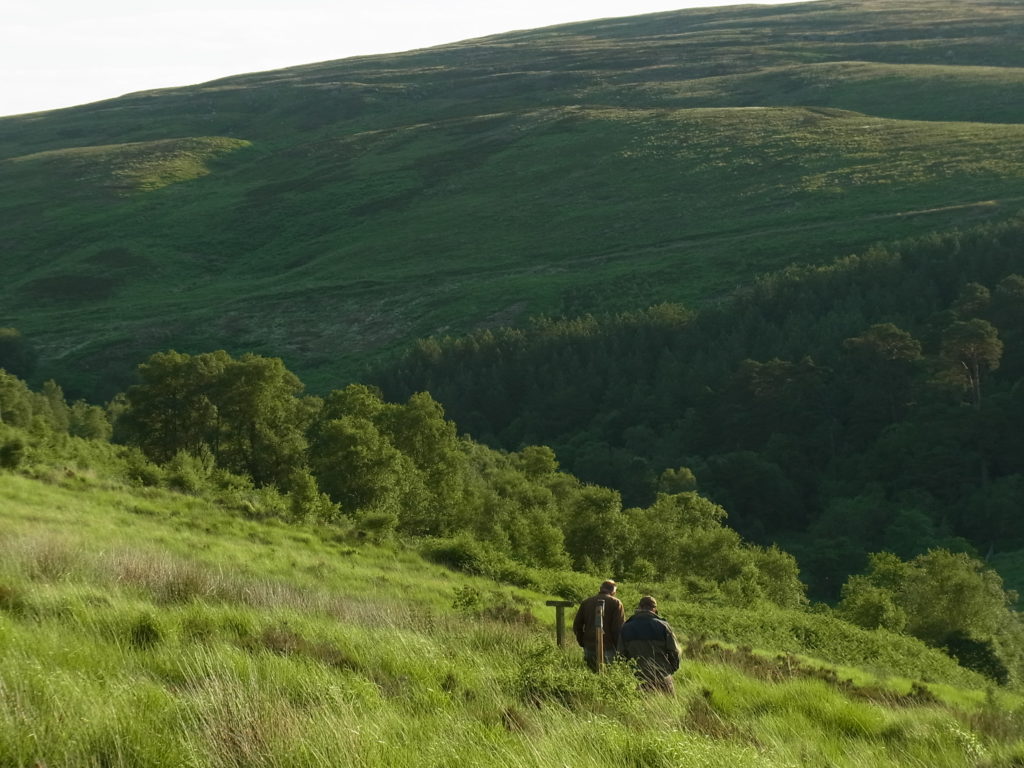
[A re-post of an article first published in a magazine]
There is a chunk of moorland in Scotland that has been subject to a 25-year project involving upland land uses, habitat, nature conservation designations, biodiversity, fieldsports, and rural economics.
It all started with the Joint Raptor Study (JRS), funded by major conservation organisations, on the impact of raptor predation on red grouse which concluded conflict between interests in driven grouse shooting and specific raptors was causing a detrimental impact on the ability to sustain hen harriers as well as an ability to recoup costs of managing to keep the moor in its designated favourable condition.
To make matters worse, once gamekeepers were removed from the moorland at the end of the JRS both grouse and hen harrier numbers crashed – threatening not just the economic viability of the moorland but the moor’s designation as a Special Protection Area (SPA) largely based on its breeding hen harriers. As a Site of Special Scientific Interest (SSSI), the moor fell into ‘unfavourable’ status.
A second project was then set up in 2007 – The Langholm Moor Demonstration Project (LMDP) – a formal partnership between the RSPB, GWCT, Scottish Natural Heritage, Natural England and Buccleuch Estate (owner) to explore, within a strict scientific monitoring regime, the ability to re-establish the moor as a driven grouse moor while enhancing its nature conservation status.
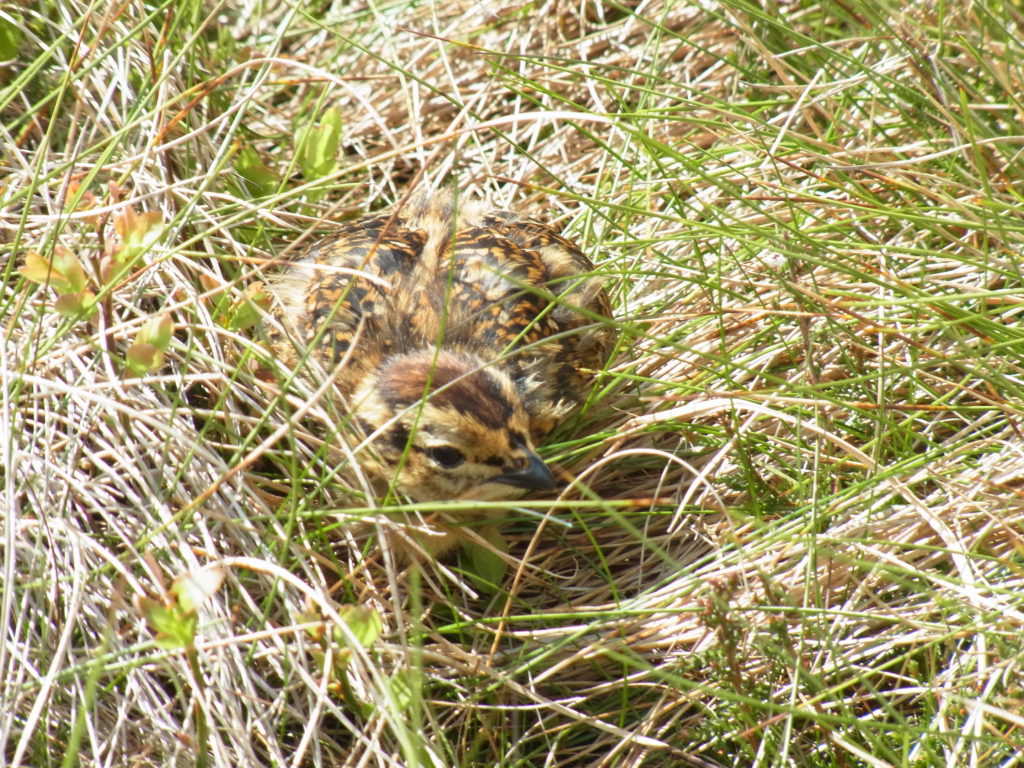
New paradigms are currently being sought to reflect changing cultural interests in how land use – especially driven grouse shooting – is viewed by society on how it continues to operate after generations of raptor persecution have been required to enable populations of wild red grouse to achieve a ‘shootable surplus’. Predator-prey relationships are as complex within ‘natural’ ecosystems, as they are controversial when viewed through the human lens of judging the land use itself.
The landscape is a mix of heather and grass moorland, with small valleys of scrub, surrounded by improved grass pastures, softwood plantations and a public highway running from Langholm across the moor to Newcastleton. This southern part is anything but isolated. Walkers park at Charlie’s Moss to stroll up Whita Hill monument, while day trippers snooze in laybys near Tarras Rig listening to grouse calling as hen harriers patrol patchwork heather below Muckle Knowe.
The LMDP’s recent seven-year review provides us a taste, using traffic light indicators, of results based on criteria set out by the partnership at the start of the project. It’s a green light for habitat improvement by both reducing sheep numbers and restoring habitat utilising a range of tools from targeted use of herbicides, ‘cool’ burning and re-seeding of heather to ensure internationally recognised areas of moorland were restored.
Its ‘assemblage of wildlife’ was very evident when I walked the mosaic of differing vegetation heaving with flora and fauna which provide richly diverse ecosystems home to both red and black grouse, as well as a range of raptors breeding on and around the moor. It’s therefore no wonder there is also a green light for hen harriers.
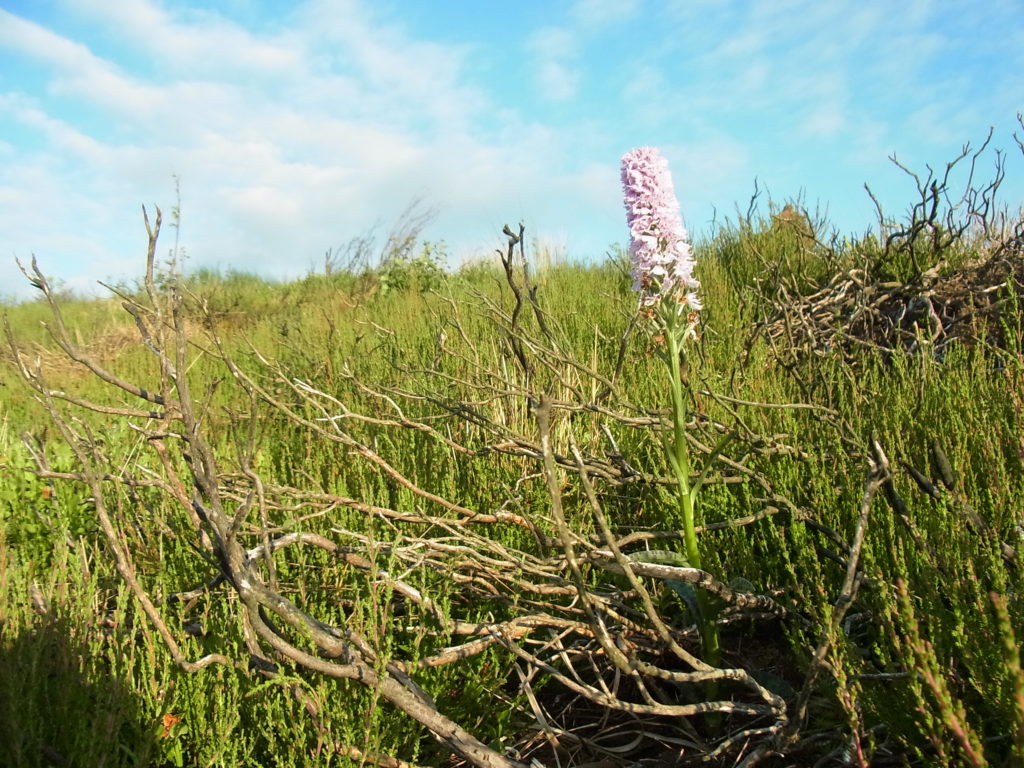
However, even with a team of five gamekeepers working around the clock on legal predator control – foxes and carrion crows were heavily reduced from much of the area and mustelids trapped – upland waders did not respond as well (amber light) as anticipated. On one of my visits, I saw lapwings on grazed fields, oystercatchers in boggy areas, with all waders’ fragility most palpable from a curlew’s wavering calls over rushy moorland behind the headkeeper’s house.
In the near distance, conifer forestry plantations are viewed by many conservationists to host a perpetual source of predators, and without a buffer zone of predator management around the moor, many ground-nesting birds are vulnerable to predation. Another matter proving well-nigh impossible to monitor was the effect of weather in a topographically challenging landscape. Everyone acknowledges a wet spring can have a disastrous impact on hen harriers to golden plover – and climatic conditions can vary between individual valleys across the moor.
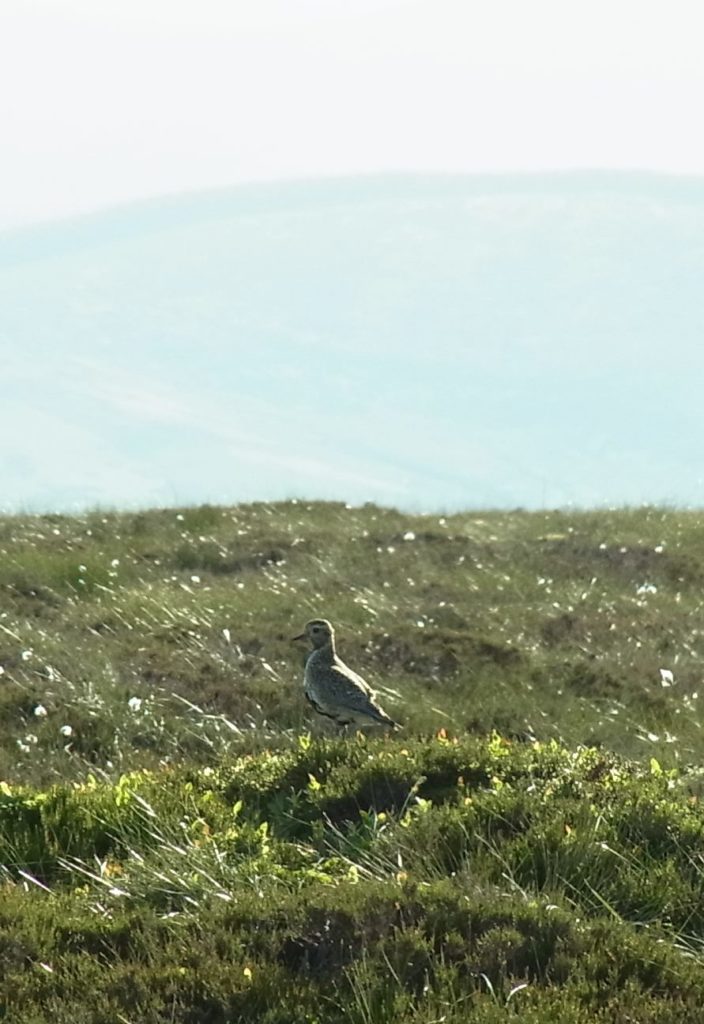
There are high hopes for diversionary feeding. Frozen food from a specialist supplier is defrosted the night before and then taken by gamekeepers to each of the harrier nest sites daily. Cockerel chicks and rats on posts next to harrier nest sites provided an easy larder conveniently located so as to prevent the harriers, opportunistic generalist predators, from cashing in on young grouse exploding from under the raptor’s skilled low-quartering hunt for their primary prey: voles and pipits. The snag is this labour-intensive exercise worked for around three nests but became economically unviable when 14 hen harriers nested on the moor back in 2014.
One moot point is what effect this artificial provisioning of raptors might have on the harrier’s productivity. In a non-interventionist world, up to 75 per cent of young raptors die within their first year of life – as evidenced by the failure of many of the hen harriers on non-driven grouse shot (and unkeepered) Isle of Skye from 2000 to 2012.
While some held up diversionary feeding as a silver bullet, this solution does little to address the cause of the human conflict between two highly valued species of wildlife. Thus, the holy grail of improving both red grouse and raptors only ‘earned’ an amber light on compatibility of management for grouse and harrier outcomes in seeking to deliver the objective set by the partnership.
A red light was chosen for the recovery of red grouse. The ‘harvest’ (an agreed target 1,000 brace a year was signed off by the partnership at the start) would have enabled the partnership to recoup some of their investment in moorland management (currently £225,000/yr) that benefits both grouse and raptors while ensuring the moorland is maintained in an ecologically healthy favourable condition.
Even with the positive effect of creating a perfect habitat, reducing foxes and crows, feeding harriers at times of their greatest hunger – the predation of both adult and young grouse over the whole year (78 per cent of adult red grouse found were predated by raptors – species unknown) limited recovery of grouse to the extent that it would not be sustainable to harvest the surplus of grouse without impacting on breeding stock. Perhaps more importantly, the LMDP was intended to be a model for how other grouse moor owners could sink private funds into improving various ecosystem services on their moorlands.
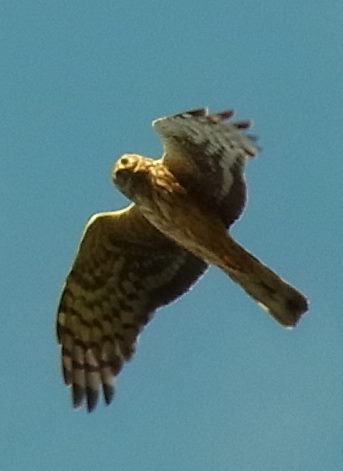
My personal involvement in helping to draft the seven-year review gave me a real insight as to how hard it is to write up collaborative research, when partners, perhaps sensing being answerable to members, might have already nailed their colours to the mast on some of the issues being explored in the project. Social media does little favour at times when publicly held values are continually aired, resulting in little space to unpack how best to achieve partnership agreed objectives. It’s really worth reading the seven-year review in its entirety in order to glean the full depth of uncertainty around the scientific monitoring of a demonstration project of this scale and complexity. [Addendum – here’s one report on the 7 Yr Rev here and another here.]
The countryside is not perfect. A workable regulatory and cost-effective framework is required but any use or land management activity is vulnerable to imperfect practices – from unintended disturbance of Schedule 1 bird nest sites to a controlled ‘cool’ burn developing into a potentially peat-harming ‘hot’ burn
Some suggest we might adopt a more precautionary ‘catch-all’ stance – penalising progressive farmers who mistakenly overgraze fragile meadows, insisting all livestock is fenced out of every mountain stream and slapping lifetime bans on land managers who accidently trap a non-target species. The ‘fear factor’ would paralyse any innovation, private money would go elsewhere (perhaps into sheep ranching or commercial forestry), with little left for remote, fragile unfunded areas, as taxpayers have more important matters to fund.
That ‘win-win’ world of surplus red grouse alongside a high number of breeding raptors may have come tantalising close – but evidence based modelling by scientists predicted that ‘harvesting grouse’ at that level would not be sustainable as a model for other moor owners – especially those with low grouse populations and without a team of five keepers. At least, the LMDP as a demonstration moor, gained a green light in disseminating information to all those interested in finding a way to improve habitat on moorland and enhance raptor populations.
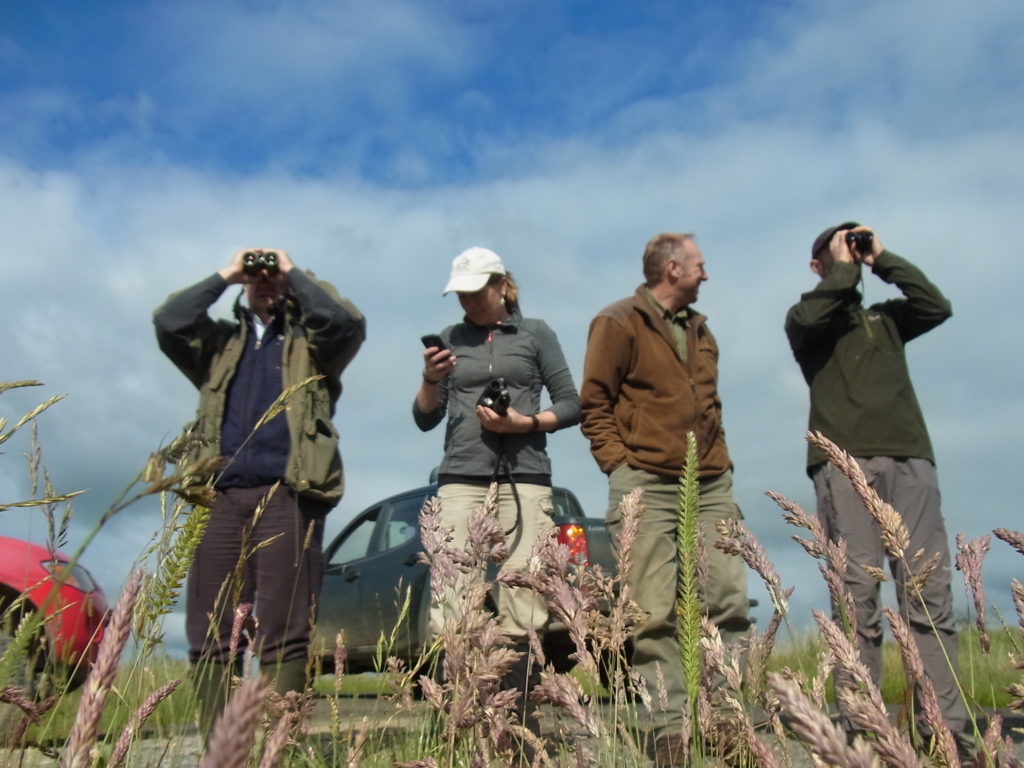
In any complex project, while all parties may agree on objectives, they can often be hindered by disagreement on the journey in seeking to achieve those objectives. In my view, the project highlights the importance of social science in helping frame natural science evidence within a wider social and economic narrative, before it is opened to being slated, skewed or cherry-picked without context or reason. As Simon Lester (the former headkeeper at the LMDP) stated: “Many aspects of the project have been a great success, but where it has failed is in furthering conflict resolution. To resolve conflict, you need be objective, wise, brave and, above all, honest”.
The bravery in dealing with this conflict was to take the project further to try out adaptive management theories to enable better understanding of complex issues by undertaking more ‘test and see’ experimental science. This was hinted at within a footnote in the seven-year review: “Setting up the project as an experiment with treatment, control and replication would have delayed the search for practical solutions to meeting the objectives and would have increased costs beyond the point where the project was feasible”.
This is where politics and lack of funding can skewer science – a matter recognised within the foreword to the JRS in 1997, which noted ‘the more rigorous approach scientifically would have been experimental’ might have been considered ‘unacceptable’ due to a number of reasons, including the ‘conservation status of raptors’ – even if arguably, public benefit might have been better informed by this more scientific approach.
Over the duration of the project, there was an increase of buzzards (their pellets were analysed) and ravens – especially groups of young ravens (some monitored with radio tags) as they dispersed over the moor amongst broods of grouse and curlews. The little research done was inconclusive.
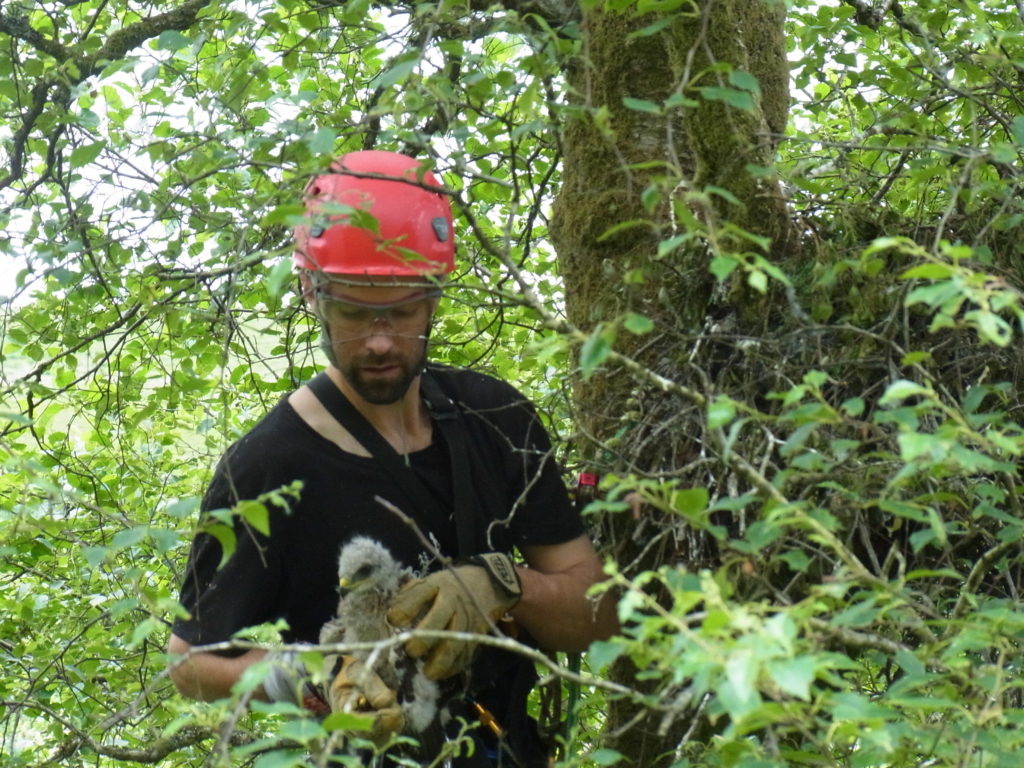
While it would have been challenging to set up both ethical and practical parameters for an even more scientifically rigorous stage to the LMDP, it may have helped the partnership explore the non-lethal temporary removal of buzzards and the pricking eggs of ravens (to ensure they maintained their territories) to confirm if they impacted on red grouse populations.
For such research to be undertaken under the public gaze requires strong leadership to enable ‘without fear or favour’ pilot conservation to be testing. The government needs to calm concerns from those fearing temporary removal of raptors becoming the ‘thin end of the wedge’, while ensuring any research on removal did not become the default option.
An extract from a peer-reviewed joint paper on Langholm in 2017 reads: ‘Managing conservation conflicts is often hindered by disagreement over objectives, and needs to integrate not only conservation but also social and economic aspects…any solution to resolve the conflict between raptor conservation and shooting interests is likely to include some compromise’. If Langholm told us one thing, it was we still have to learn to compromise in the name of public benefit, while being braver in facing up to public opinion by testing new conservation ideas.
[First published in Shooting Gazette March 2018]
Werrity Report on Grouse Moor Management for ScotGov – Dec 19
New joint research papers out June 2020 – on raptors and ravens
June 2020 – on heather, grouse, sheep, forest land use
a podcast with Tarras Valley Nature Reserve managers 2022 https://robyorke.co.uk/2022/02/landscape-resilience-context/
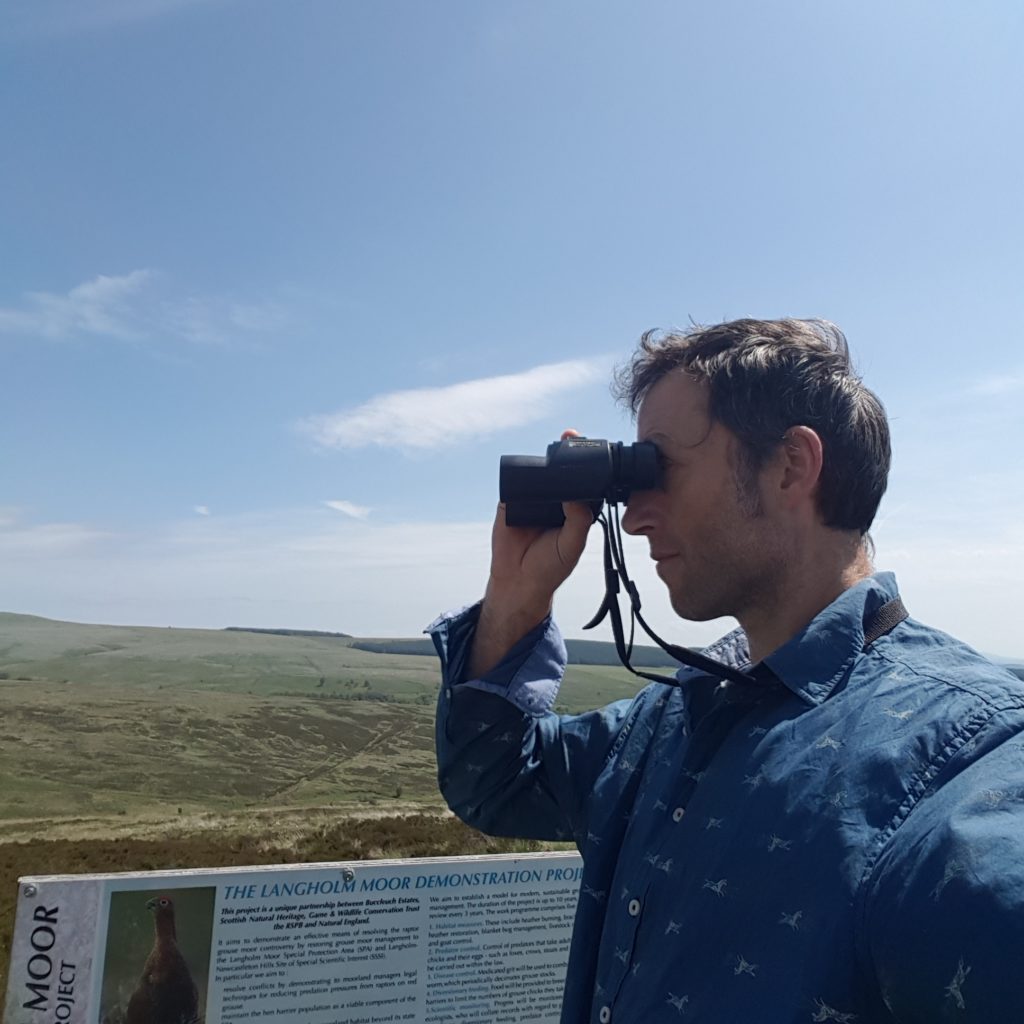
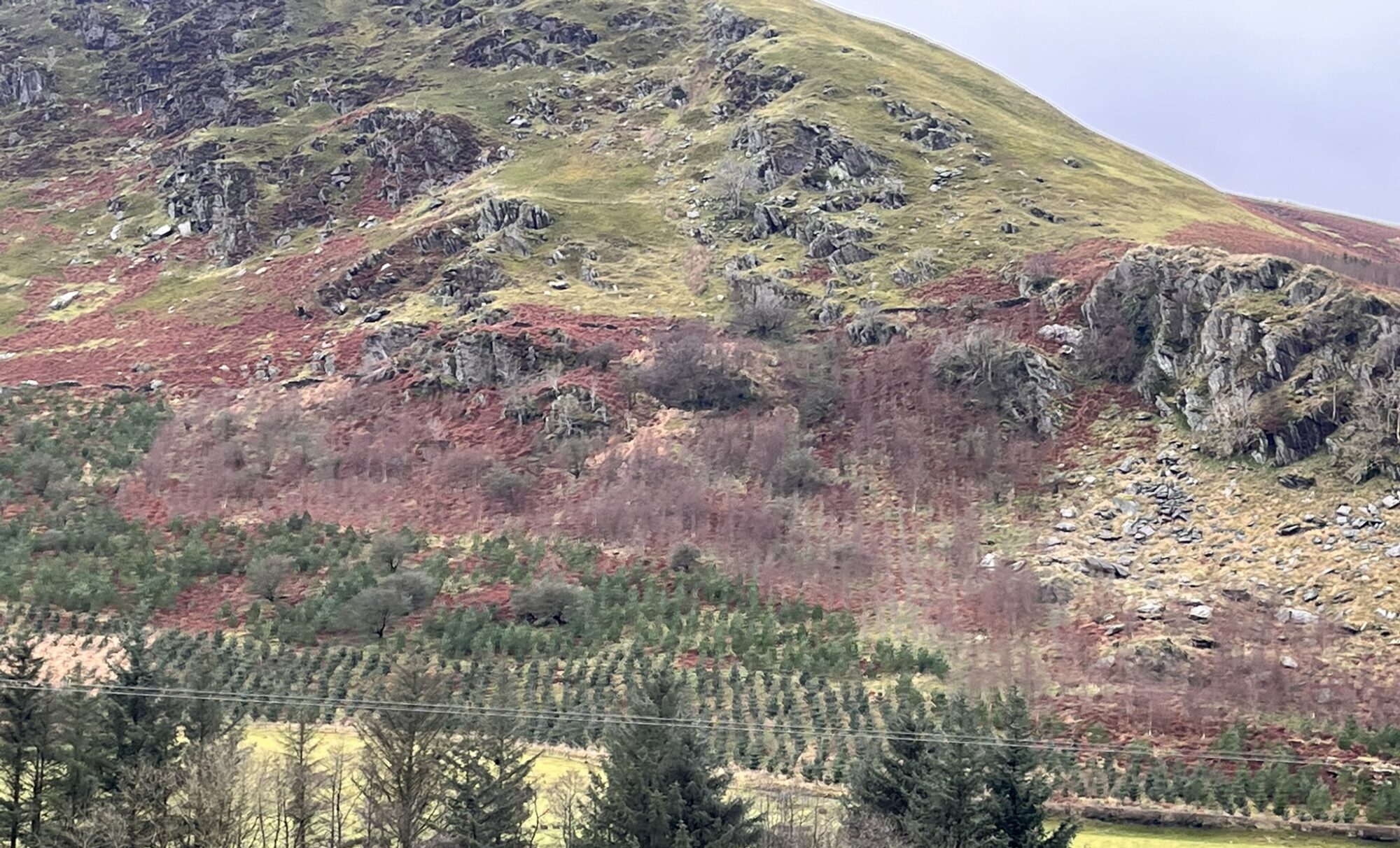
Really interesting and informative read Rob thank you.
Very positive thoughts and provides some solutions to negative press releases. Without [management for] grouse, lapwing, curlew and golden plover plummet. The moor becomes a desert to birds in need of our intervention and becomes a home to fox and corvids: this has been proved time and again
Thanks for commenting Stephen.
There is always room to refine how some traditional upland management is undertaken. Become a trifle more informed by evidence rather than merely ‘grandfather rules – see this new research for example https://onlinelibrary.wiley.com/doi/full/10.1002/ece3.5613
Oh, and talk about ‘non-target’ species of conservation concern much more https://robyorke.co.uk/2018/03/curlew-collaborative/!
Rob,
Interesting article, thank you.
Would I be correct in saying that the when keepers were taken off the JRS moor the reason the harrier numbers fell was because the moor no longer had a man made and un-natural number of grouse on?
How does the failure of red grouse breeding at Langholm over the 7 years compare to other moors (keepered and not, locally and nationally) for the same period?
Kind regards
Thank you William. The decline in harriers post the JRS seems to have been due to a number of reasons – not just the decline in grouse nos http://www.langholmproject.com/jointraptorstudy.html If interested, worth buying the hard copy version of the report https://www.amazon.co.uk/Birds-Prey-Red-Grouse-Redpath/dp/0117021768 or just found this pdf of it http://nora.nerc.ac.uk/id/eprint/5029/1/Birds_of_prey.pdf
As noted in the report, it was very hard to compare with other moors due to so many variables – not just Langholm being perceived as an ‘island moor’ surrounded by sheep and forestry.
Rob,
Thank you for your reply and your suggestions on follow up reading. I shall look into with interest. A very complicated issue but one of the biggest issues the countryside faces today (current Covid situation excepted).
Best wishes
No matter how much research you do or how ever many big words or red bows you put on it (you want to be honest you say), but you honestly think the harriers just disappear[?] They range widely often to other countries and back but the honest truth is [when] they fly over north yorkshire the peak district forest of bowland and certain parts of scotland, [they are] then shot from the skies in huge numbers by gamekeepers. The waders are hunted in vast numbers in France as they pass [over] honest! Hunters are a cancer on this planet. They all know its morally wrong to kill anything for fun but won’t admit it until they are on their deathbed when they finally realize the damage they have done.
Thank you Derek. Quite a lot to unpack there across a range of subjects from wildlife conservation conflict, perceptions of gamekeepers, morals around hunting and more.
Yes, there will always be issues between any human activity and wildlife – see this https://robyorke.co.uk/2019/10/up-close-wildlife/ but we must seek to manage best we can.
Await some positive news next week (Sept 2020) on hen harriers!
Such a pity many so called conservationists don’t see or appreciate the conservation work done by most game keepers in their daily routine.
Yes, it is done for the benefit of the game birds they are managing but the spin offs for other species is enormous. For example, there are far more small bird species in keepered woods than unkeepered.
A few bad apples in the barrel should not tarnish all keepers and those found guilty of illegal killing of raptors should have the book thrown at them.
Thanks Richard. Gamekeepers, who are often also conservationists, can benefit the the wider environment as I have written about before on my blog. But like farming under the new Agriculture Act going through a transition, other land managers, including landowners and keepers, will have to update practices under the modern social licence to operate. I.e reduce high density gamebird releases and enhance wild game shooting https://www.shootinguk.co.uk/shooting/game-shooting/wild-bird-shooting-114427
The management of wildlife (aka predator control) is a vital part of a well managed shoot but is under great scrutiny. BASC, GWCT and the NGO (National Gamekeepers Organisation) can all help gamekeepers adapt to the new world.